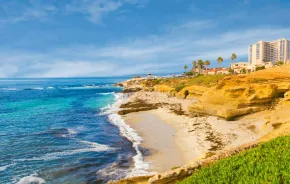
PNW Kobzar Project continues the authentic Ukrainian kobzar tradition of story telling via the language of music and art songs.
Kobzar (Ukrainian кобзар) literally means 'kobza player', a performer on Ukrainian stringed instrument of the lute family, and more broadly — a performer of the musical material associated with the kobzar tradition. The professional kobzar tradition was established during the Hetmanate Era around the sixteenth century in Ukraine. Kobzars accompanied their singing with a musical instrument known as the kobza, bandura, or lira. Their repertoire primarily consisted of para-liturgical psalms and "kanty", and also included a unique epic form known as dumas (Ukrainian equivalent of epic ballads, literal translated to English as “thoughts”).
Kobzardom in Ukraine is similar to Western European poet-musician tradition such as Celtic bards, Old Nord/Eddic scalds, French troubadours, and Greek kitharodes. In Ukraine the word kobzar is associated with the great national poet Taras Shevchenko who was greatly influenced by kobzar traditions. His most famous poetry collection is called Kobzar. Urkainians show Taras Shevchenko the deep respect to his contributions to Ukrainian language and literature by calling him Kobzar. In PNW Kobzar Project concerts, we will include art songs based on Taras Shevchenko’s lyrics as well as the instrumental chamber music inspired by his literary and artistic heritage.
In addition to artistic aspect, kobzars were also old Ukrainian tradition keepers and news spreaders while traveling town to town and village to village. They played the role of the social media independent from the state authorities. During the time of serf system introduced to Ukraine by the Russian Empire (1783 - 1861) kobzars were those few people in Ukraine who could travel and speak freely though both administrative state and religious authorities of the Russian Empire did everything possible to reduce the influence of kobzars.






